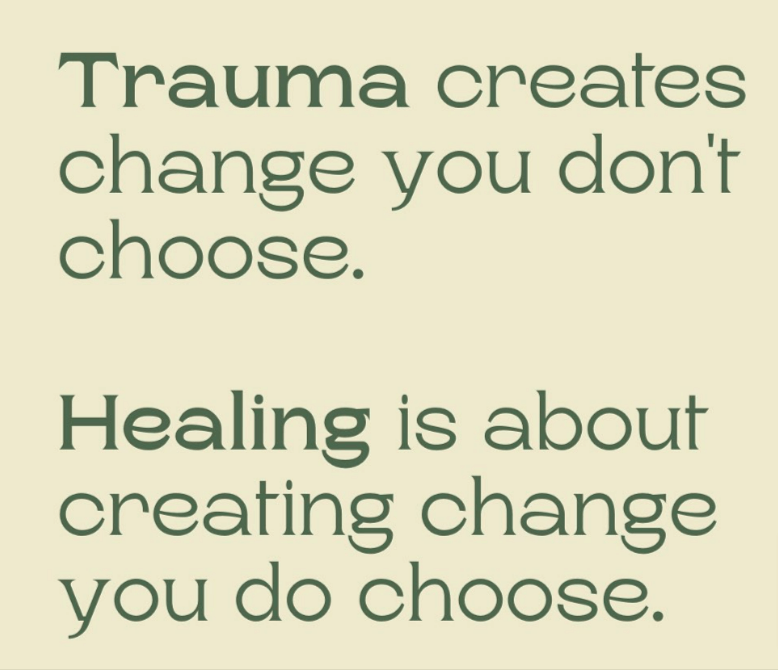Intimate partnerships, platonic friendships, and even family ties are not immune to the manipulative and emotionally harmful practice known as gaslighting. The term “gaslighting” was popularized by the 1944 film “Gaslight,” in which the protagonist’s husband attempts to persuade her that she is going mad. Gaslighting is making someone question their own ideas, emotions, and recollections.
This subtle kind of abuse may wreak havoc on a person’s sense of self-worth, mental health, and contentment. This essay will discuss how to recognize gaslighting and how to recover from its poisonous effects.
How to Spot the Indications of Gaslighting
Since gaslighting often begins gently before rapidly escalating, it might be hard to see in its early stages. However, those who are aware of the red flags associated with this damaging conduct are more equipped to deal with it. Instances of typical gaslighting behavior include:
1. Discrediting and Denying
Saying things like “You’re overreacting” or “That never happened” are common ways gaslighters discredit their victims’ experiences, feelings, or recollections.
2. Creating Doubt
The victim of gaslighting is left wondering what is genuine and what isn’t after the perpetrator manipulates the situation and the facts. They may exaggerate or misrepresent what happened, making the victim doubt their own senses.
3. Blaming and Shaming
A common tactic used by gaslighters is to have the victim take responsibility for the gaslighter’s feelings or behavior. They may also humiliate and belittle their spouse as a means of exerting power and control over them.
4. Withholding Information
It is common for gaslighters to withhold important information from their partners, making them feel confused and reliant on the gaslighter for answers.
5. Isolating the Victim
To weaken and deceive their victims, gaslighters try to cut them off from social support systems like friends and family. The victim may be dissuaded from consulting with other parties or getting aid.
6. Manipulating Reality
Gaslighters use deception, outright lying, and other manipulative strategies to cause their victims to question their own sanity. They could even set up false narratives or makeup proof to back up their claims.
Related: Soul Ties: Understanding the Powerful Connections that Shape Relationships
Getting Out of the Gaslighting Trap
If you believe you are being gaslighted, you must take immediate action to safeguard your mental health and reclaim your life. Here are some methods for escaping the influence of a gaslighter:
Trust Your Instincts
Accept the truth of your emotions and experiences. Don’t second-guess yourself and put stock in what you think you see. Create a comfortable environment where you can open yourself to others who understand and accept you for who you are.
Educate Yourself
Learn the dynamics at play by reading up on gaslighting and abusive conduct. You may learn to spot a gaslighter’s manipulations by being familiar with the strategies they use.
Establish Boundaries
Communicate your expectations to the gaslighter. Make your wants and requirements known in a direct and forceful manner. Expect pushback, since gaslighters often test limits in an effort to reclaim power. Hold steadfast and take care of your mental health.
Seek Support
If you need help getting through this tough time, talk to someone you trust, such as friends, relatives, or a therapist. Working with a therapist may help you make sense of your feelings and provide you with the means to restore your confidence.
Practice Self-Care
Take time to focus on your own emotional, mental, and physical health by engaging in self-care practices. Do things that make you happy and that help you get in touch with who you are. Exercise, meditation, and keeping a diary are all good examples.
Consider Professional Help
If the gaslighting persists or worsens despite your attempts, it may be time to cut ties for good. Helplines and counselors are available to give advice on developing a safety plan and locating appropriate services.
Conclusion
In conclusion, gaslighting is a kind of manipulation that may have devastating effects on people’s mental health when it’s used in intimate relationships. The first step in escaping the poisonous grip of gaslighting is realizing you’re being victimized by it.
Following your gut, reaching out for help, and setting healthy boundaries can help you recover your life, restore your sense of self-worth, and forge stronger, more meaningful connections with others. Keep in mind that you are worthy of receiving only the best treatment from everyone around you.
Also Read: Dopamine and Serotonin: Why Balancing Both are Important












